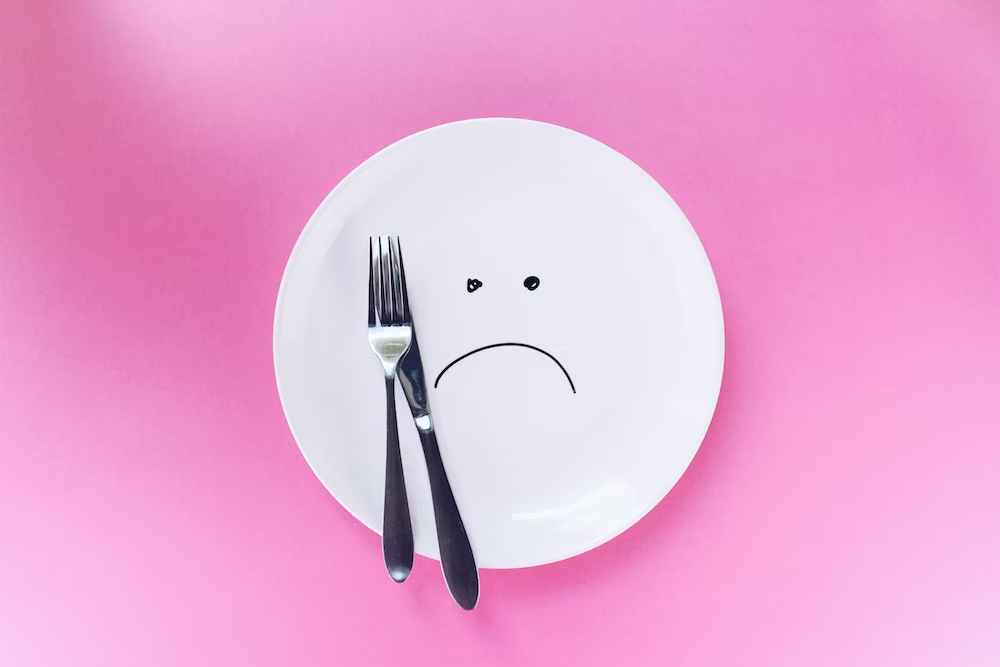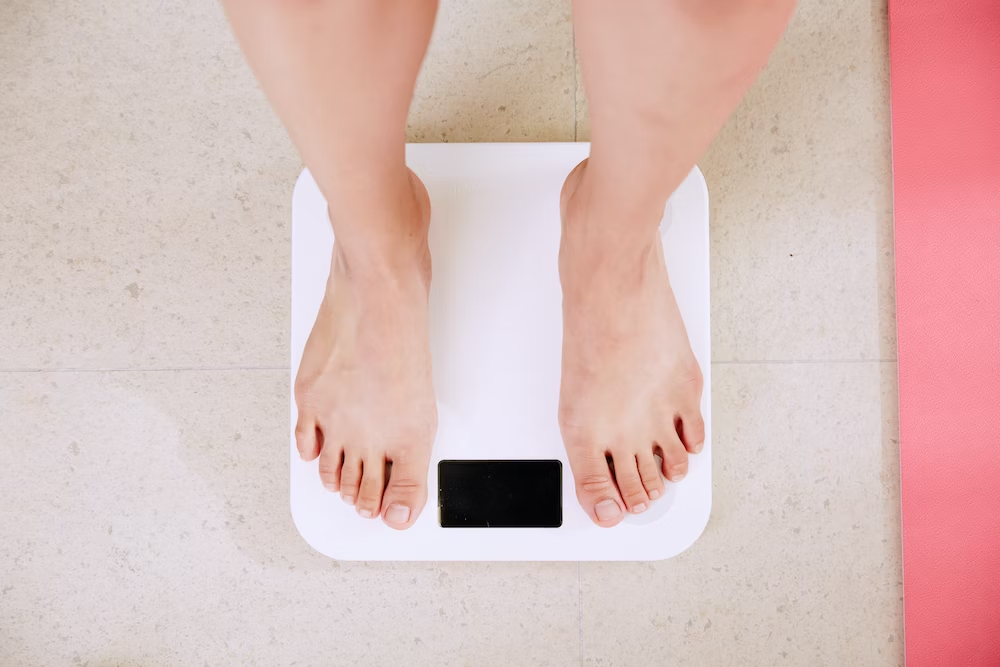


When it comes to weight loss, there are a plethora of half-truths that may end up causing more harm than good to our fitness objectives and overall health. What is the best course of action? Stick to facts that are backed up by evidence!
Here are five weight-loss facts that are backed by science and cannot be refuted. Knowing these facts is the first step on the road to achieving our ideal weight without sacrificing nutrition.
1] You Can Still End Up Gaining Weight Even When You Are Eating Healthy

Both junk food and nutritious food are composed of a mix of macronutrients and micronutrients. Healthy foods are high in nutrients that benefit our bodies, but junk foods may include an imbalance of macronutrients, insufficient micronutrients, or even nutrients that are consider being harmful for the body like trans fats.
Depending on how many calories you consume and how many calories you burn, both a healthy and bad diet might result in a caloric surplus or deficit.
A lousy diet, on the other hand, can make it more difficult to achieve a calorie deficit by altering our BMR.
That’s presumably why studies show that people who go on extreme diets eventually gain back the weight they lose.
Maintaining a calorie deficit while maintaining a high BMR with the proper amounts of the right foods, i.e. a balanced diet, is what fat reduction boils down to.
2] When Trying To Lose Fat Weight Training Is More Beneficial In Comparison To Cardio

Your Basal Metabolic Rate (BMR) plays a big role in how quickly you lose weight. This is the number of calories you’d burn if you stayed in bed all day doing things like breathing, keeping your heart beating, and keeping your body working.
Some people are born with a greater BMR. It can, however, be increased by increasing muscular mass. This is due to the fact that muscles burn a lot of calories when they are active. As a result, the more lean muscle mass you have, the higher your BMR will be and the more calories you’ll burn. As a result, weight training is more effective than exercise for fat removal.
Protein also aids fat loss because amino acids are essential for muscle growth. Furthermore, it boosts the secretion of satiety hormones in our bodies while decreasing the amount of a hormone that makes us hungry.
3] Eat To Lose Fat

Considering the significance of proteins, carbs and fats in our diets, it appears nearly difficult to reduce any of these macronutrients without sacrificing nutrition. However, we can maintain a healthy balance while maintaining a calorie deficit.
Protein is essential for maintaining your BMR because it is required to create muscle. A daily intake of 0.8-1.2 g/kg body weight is sufficient to maintain muscle mass and prevent energy loss. Protein powders can be used to augment your diet if you don’t obtain enough from your diet.
Good fats should account for 20 to 35 percent of your total calories. Because fat comprises 9 calories per gm, a 2000-calorie-a-day diet would result in 40-70 gms of fat.
Carbohydrates should account for the remainder of your calories. To get enough fiber in your diet, choose fruits, vegetables, and whole grains.
That takes care of the rest. So, how do you keep a calorie deficit going?
Reduce the number of calories you consume from cookies, desserts, and other high-calorie, low-nutrient foods in your diet. You might also make your meals smaller so that you feel content but not stuffed.
4] Extreme Diets Will Give Transient Results

Proteins, carbs, and fats are all found in diet. These food classes are known as macronutrients because they are required in big amounts in your diet. Micronutrients, on the other hand, are vitamins and minerals that are only required in trace amounts.
Fats and carbs have been vilified in the past (and still are now) due to their prevalence in calorie-dense junk meals.
But here’s something most people who exclude them from their diet aren’t aware of: they’re also present in nutritious foods!
Fats, on the other hand, perform a variety of purposes in our bodies, including helping to create cell structures, maintain body temperature, absorb specific nutrients, and mediate the immune system, to mention a few. As you can see, having too little fat can have a negative impact on every element of our bodies.
Carbohydrates, on the other hand, supply energy to the body. Without them, the body must rely on amino acids (building blocks in our body) and fats to provide energy. This detracts from the two food groups’ other roles.
For example, if you notice someone on an extremely low-carb diet complaining about their hair and skin, it’s because the remaining protein is being directed to organs and other tissue that are more vital for survival.
Furthermore, our bodies can only get energy from glucose during intensive activities, and our muscle glucose reserves deplete quickly. Because carbs from our diet are the ones that break down into glucose, eliminating them while sticking to a tight workout schedule can lead to low blood sugar, light-headedness, and exhaustion.
Additionally, studies have shown that severe low-carb and low-fat diets are ineffective in the long run, with the weight lost during those diets eventually being recovered.
5] It’s Easier Than It Looks to Lose Body Fat

When you’re stretched too thin attempting to stick to an extreme diet, losing weight can feel impossible. Our BMR slows down by roughly 30% when we don’t eat enough calories, making fat loss more challenging.
Our BMR decreases as we become older or if we don’t get enough sleep. That’s why some of us can feel like we can’t keep our waistlines as slim as we once could.
Strength training as part of your exercise plan can help counterbalance this fall in BMR. Strength exercise, when combined with a high-protein diet, will help you gain muscle mass and increase your BMR.
Overall, a 500-calorie deficit can be achieved by burning 250 calories while exercising and for example avoiding a 250-calorie Cheesecake. This will burn 3500 calories in 7 days, which is the equal of one pound of fat burned in a week. This is how you can shed body fat while staying healthy.
As a result, don’t approach fat loss with a “diet” mentality. Instead, think of it as re-establishing body’s equilibrium.
Sustainable weight loss requires scientific planning. Consult our team of expert weight management nutritionist at +91-9743430000 to get youself a data driven and scientifically backed nutrition plan.
Ryan Fernando is an Award-winning celebrity Sports Nutritionist with 2GUINNESS world record and 2 Olympic medals under his belt. His client list include Olympic wrestler Sushil Kumar, cricketer Shikhar Dhawan & bollywood superstars Aamir Khan & Abhishek Bachchan. He is Chief Nutritionist at QUA Nutrition Signature Clinics.
©2023 All Rights Reserved Ryan Fernando. Designed and Developed by Floral Web Services